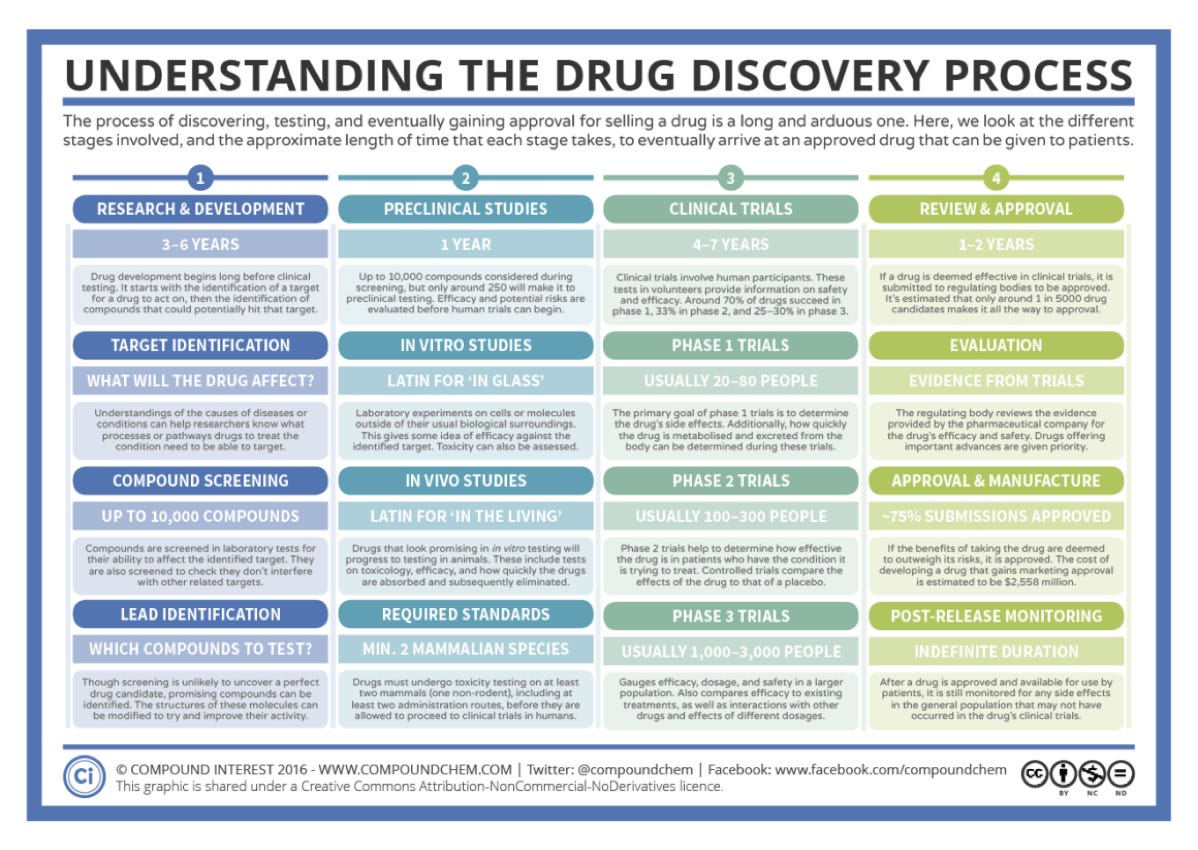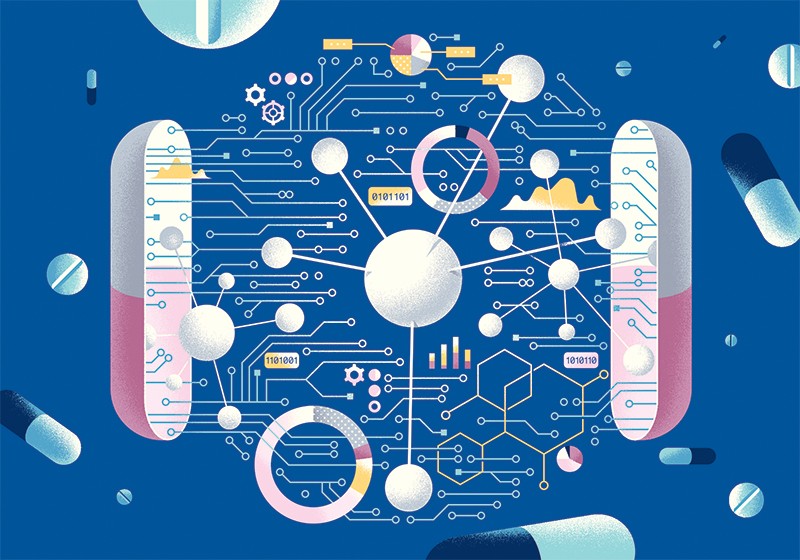Artificial Intelligence and Big Data in Clinical Trials: Improving Drug Discovery and Development
According to recent studies, there has been a lot of talk in the medical world about the promise of artificial intelligence in drug discovery. The use of AI has already revolutionized many areas of healthcare, and with the advent of new technologies, it is poised to revolutionize the process of drug discovery. Here, we take a closer look at how AI is changing the game and what this means for the future of medical research.
Advancing Drug Discovery via Artificial Intelligence: Trends in Research
The field of drug discovery has always been a long and arduous process. It takes years of research, development, and clinical trials to bring a new drug to market. This process is not only expensive, but it is also time-consuming and often results in failed trials. However, with the advent of AI, researchers can now analyze vast amounts of data to identify potential drug candidates more quickly and efficiently than ever before.

The use of AI in drug discovery has several key advantages. First, AI algorithms can analyze vast amounts of data from various sources, including various clinical trials and genomic data. This allows researchers to identify patterns that may not be visible to humans, which can lead to new drug discoveries.
Another major advantage of AI in drug discovery is that it can speed up the time it takes to identify new drug candidates. Traditionally, this process can take years, but with AI, it can be done in a matter of weeks or months. This can save a significant amount of time and resources and is particularly beneficial in cases where there is an urgent need for new drugs, such as in the case of a global pandemic.
How Artificial Intelligence is Changing Drug Discovery
There are several ways that AI is changing drug discovery. One of the most significant ways is by using machine learning algorithms to analyze vast amounts of genetic data. This allows researchers to identify potential drug targets more quickly than ever before.

Another way that AI is changing drug discovery is by helping researchers to identify potential side effects of drugs. By analyzing vast amounts of data, AI algorithms can identify potential side effects before they become a problem. This can help to speed up the approval process and reduce the risk of adverse reactions.
AI is also being used to develop new drug delivery systems. By analyzing data on the body’s absorption and metabolism processes, AI algorithms can help researchers to design drugs that are more easily absorbed and metabolized by the body.
Artificial Intelligence in Drug Discovery – Chris Lovejoy’s Personal Perspective
Chris Lovejoy, an AI expert and technical consultant, believes that AI has the potential to revolutionize drug discovery. He believes that AI can help to identify new drug candidates more quickly and efficiently than ever before.

According to Lovejoy, one of the most promising areas of AI in drug discovery is the use of deep learning algorithms to analyze vast amounts of genomics data. This can help researchers to identify potential drug targets more quickly and accurately than ever before.
Lovejoy also believes that AI can help to reduce the cost of drug discovery. By automating many of the tedious and time-consuming tasks involved in drug discovery, researchers can save time and resources, which can be invested in other areas of research.
Example Workflow for Precision Medicine
Precision medicine is an approach to medical treatment that takes into account a patient’s individual characteristics, including their genetic makeup, to develop personalized treatment plans. AI is playing an increasingly important role in precision medicine, as it can help to analyze vast amounts of data to identify the most effective treatments for individual patients.

The workflow for precision medicine typically involves collecting data from the patient, including genomic data, medical histories, and lifestyle factors. This data is then analyzed using AI algorithms to identify potential treatments that are tailored to the patient’s individual needs.
Overall, the use of AI in drug discovery and precision medicine is transforming the field of healthcare. By analyzing vast amounts of data more quickly and efficiently than ever before, AI is helping researchers to identify new drug candidates and develop personalized treatment plans for individual patients. As the technology continues to evolve, it is likely that AI will play an increasingly important role in the future of medical research.

Source image : www.nature.com

Source image : www.researchgate.net

Source image : www.cell.com

Source image : www.pinterest.com

Source image : chrislovejoy.substack.com




